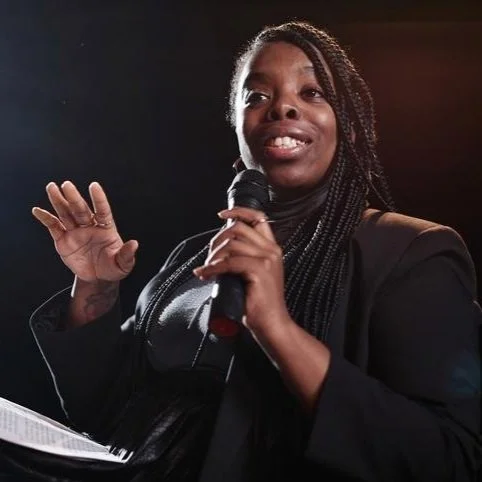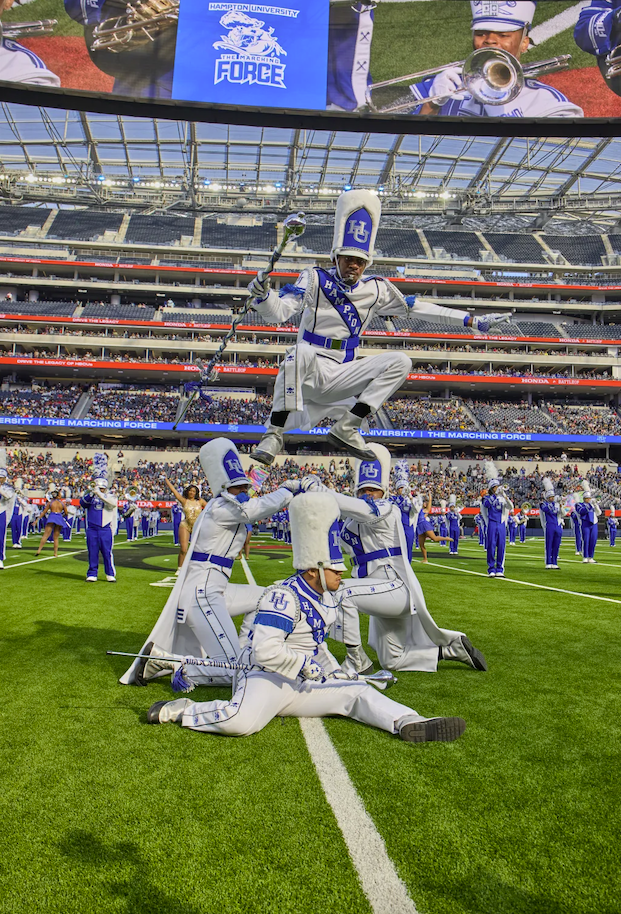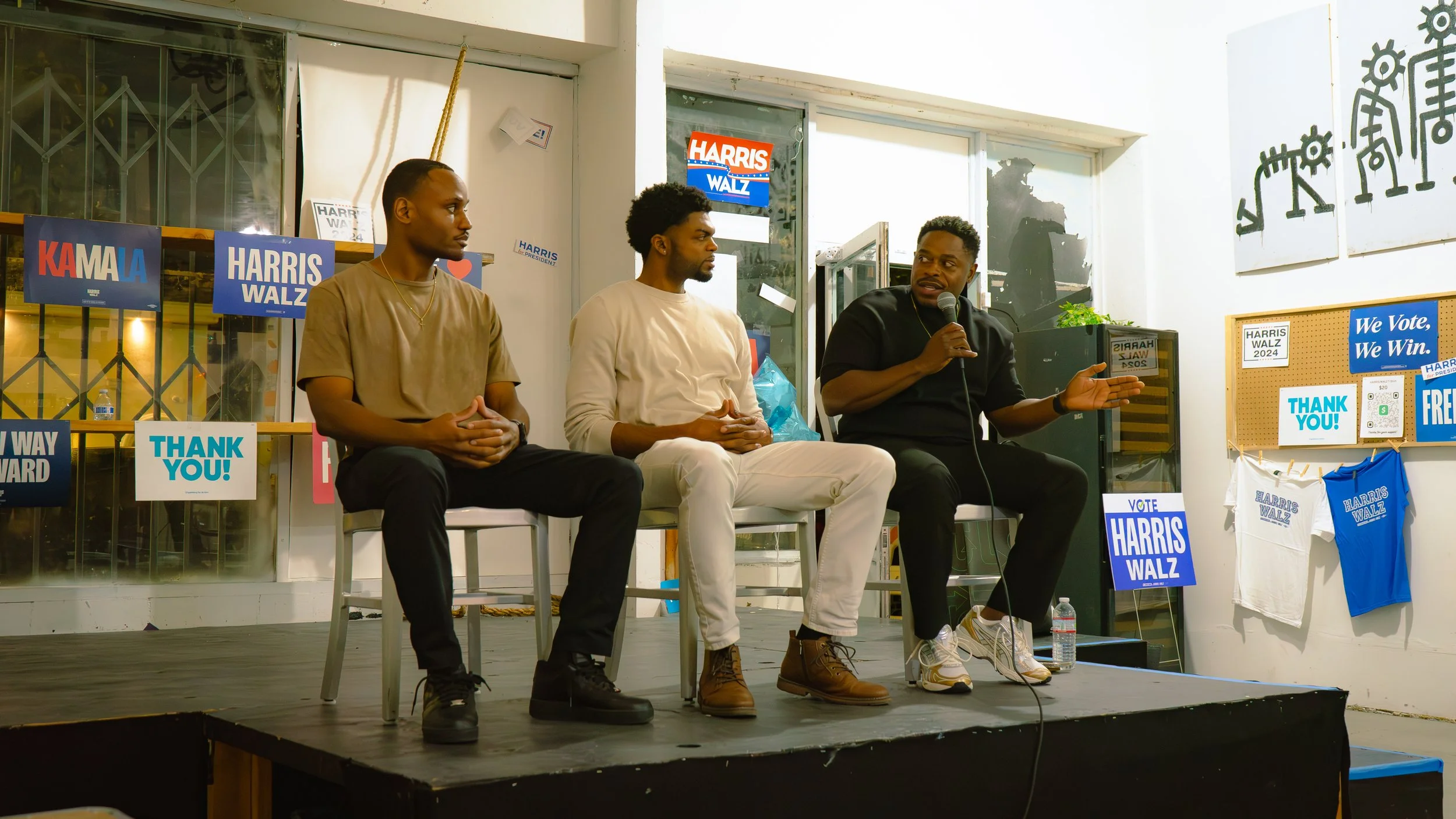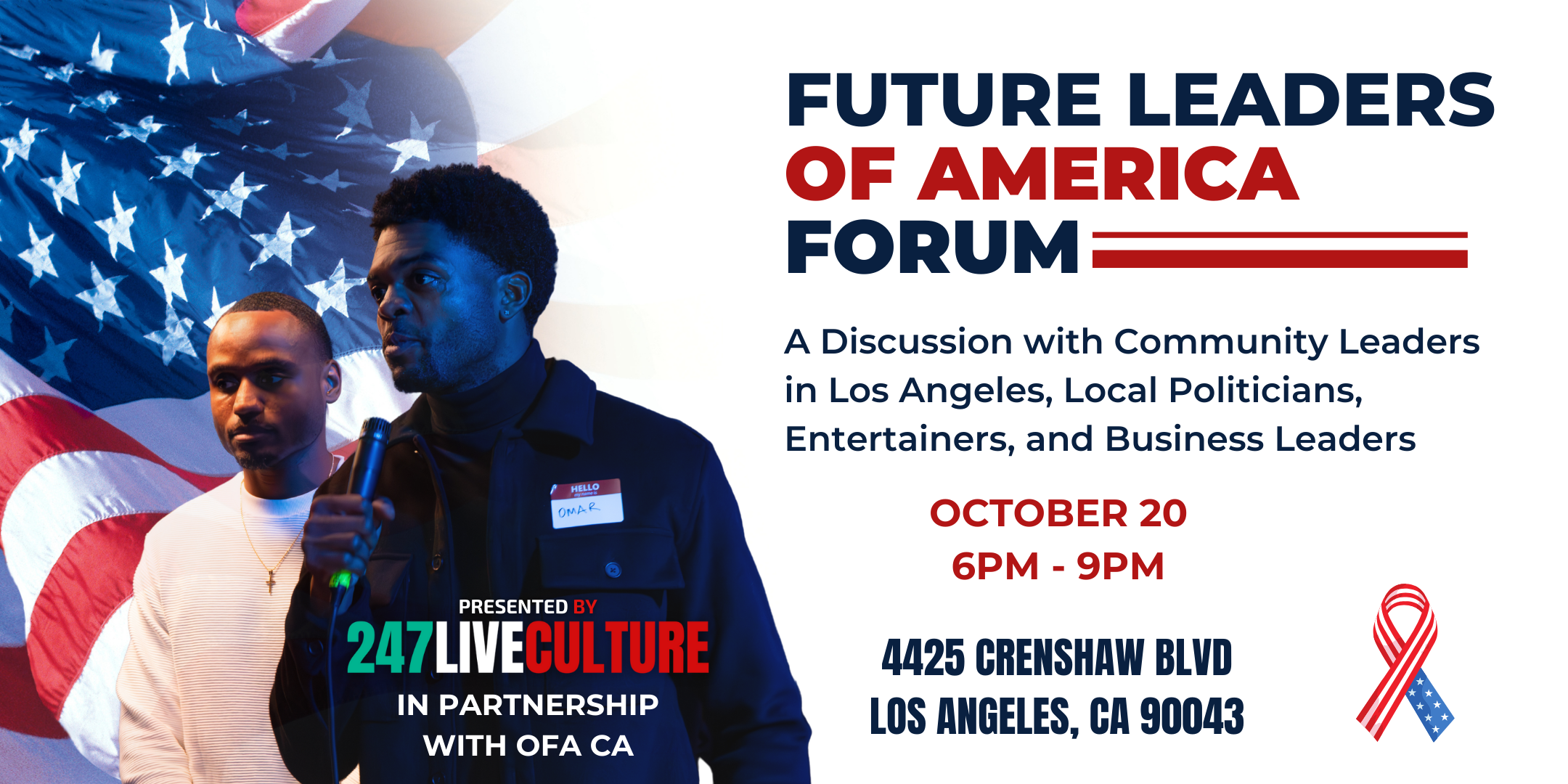Slavery In Films: It's Time We Talk About The Slavery Trope
Thuso Mbedu in “The Underground Railroad”
By: Alexis Oatman
Amazon Prime's trailer for its new limited series The Underground Railroad put social media in a firestorm when its trailer was released on April 15. The upcoming series comes from the mind of Barry Jenkins, the director and screenwriter of films like Moonlight (2016), If Beale Street Could Talk (2018), and many more.
The series is from an adaptation of a Southern antebellum saga from the Pulitzer Prize-winning novel by Colson Whitehead, premiering on May 14.
The Underground Railroad trailer depicts Cora Randall's (Thuso Mbedu) desperate bid to escape the antebellum South in an alternate history where the 19th-century Underground Railroad serves as a literal railroad that American slaves used to flee the South and find freedom.
With the recent release of the Harriet Tubman biopic in 2019, it begs the question with the start of a new decade, is it time to stop making slave movies? Slave movies have a long-standing history in the film industry while being the center of much controversy. The main criticism of slave period pieces is the exploitation of a real black pain experienced for generations—movies like 12 Years a Slave, The Birth of a Nation, Django Unchained, etc. The films often feature an all-star cast, and despite the trauma shown, have some good plot lines and character development, almost making slavery an easy pill to swallow.
The History Behind Slave Movies
With over 50 slave movies dating back as early as the 1900s, this subgenre is usually a big boom at the box office. Still, many of the earlier depictions were most likely written by white men and often denied the ugly side of what American chattel slavery was like. For example, the 1915 original version of Birth of a Nation depicts black domestic slaves as jovial and ignorant. Written and directed by D.W. Griffith and Thomas Dixon Jr, this version uses harmful tropes about black men and women. Black men were depicted as either docile, ignorant slaves, or as extremely violent monsters. They also used familiar harmful tropes about Black women in media and films such as the happy, jovial mammy stereotype and the sex-driven Jezebel. Still, this movie was seen as one of the best movies to come out that year and was even shown at the White House under President Wilson.
Do They Serve a Purpose?
Yes, they do. Despite seeing the black pain, it's almost a necessary evil to have in cinema. This helps quiet the naysayers who say "slavery was a choice"; or, like the early depictions of slaves in movies, made them almost happy or joyous to be in bondage (i.e., Uncle Tom's Cabin). These movies can tell the tales of a lost people, stolen from their land and stripped of their culture. If we didn't have these depictions, they would get whitewashed from our nation's history.
So, it still begs the question, should we see slave movies? The short answer is Yes. Black men and women must support these movies because if we don't, who will? Who will tell our stories if we don't support them? As hard as it is to see the pain, we must forgo and set the feelings aside. Black people are owed movies without black pain and trauma, but with blackness and the history of how Black Americans and Black people globally are treated, there is a lot of pain, carnage, and it must be shown.






